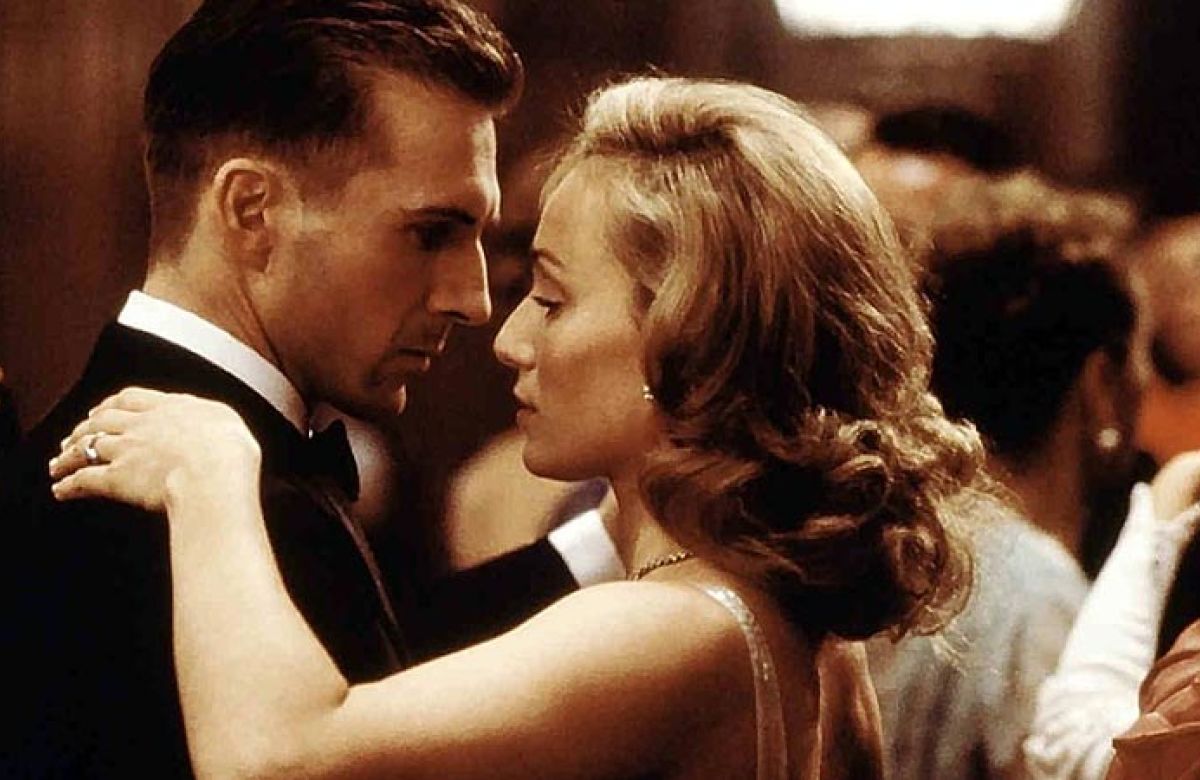Transparent Things
 Thursday, May 29, 2008 at 01:57
Thursday, May 29, 2008 at 01:57 When I went to see this play, one of the finest ever written, at this theater a couple of years ago, I sat enraptured for four hours with one twenty-minute intermezzo, so magnificent was the acting. This is the exception. If poems are the dalliances of youth and epics the diaries of age, novels plausibly fit the middle road. They are complete but rarely epic; and their breadth is attenuated by motifs that, unless the author is of staggering talent, have to be repeated to have any substance. What then of the novella, that undernourished cousin of the novel so relevant to the cinematographic attention span we have developed over the last couple of generations? Eighty to one hundred sixty pages of leanness, streamlined prosody whose brief glimpse often allows for sustained lyricism? Sometimes it will be wasted on a short story drawn out in excruciating detail (I will spare you the names of the countless culprits); occasionally, however, you get a work of divine perfection, such as this novella.

Our protagonist is a humble American fellow by the name of Hugh – Hugh Person, as is the running joke. The most interesting things about Hugh (according to Hugh) are that he has a Ph.D., is a confirmed Esperantist, speaks fluent French and is half−Canadian (which influences his accent in French). He is accompanied in this, his fourth trip to Switzerland, residence of the novella’s author at the time of its writing, by an especially wraithlike omniscient narrator who shadows his every step. The narrator is soon revealed to be R., an established novelist already in the silver years of life and the subject of Hugh Person’s previous trip to Switzerland many years before. On that trip, as happens in novellas, Person finds Armande Chamar (her surname not quite a “peacock fan” as she claims), a lecherous excuse for an eternal, knee-wobbling beauty who becomes his wife, his pain, and then the reason it takes him so long to return to the Alps with a clear conscience.
Nabokov connoisseurs, whose company I probably deserve, will often say that a Nabokov story without death is a rarity. So it is the next trip that proves to be fatal, and who can pity Armande when the narrator states:
Was she faithful to him throughout the months of their marriage spent in frail, lax, merry America? During their first and last winter there she went a few times to ski without him … While alone, he forbade himself to dwell in thought on the banalities of betrayal, such as holding hands with a chap or permitting him to kiss her good night. Those banalities were to him quite as excruciating to imagine as would be voluptuous intercourse. A steel door of the spirit remained securely shut as long as she was away, but no sooner had she arrived, her face brown and shiny, her figure as trim as that of an air hostess, in that blue coat with flat buttons as bright as counters of gold, than something ghastly opened up in him and a dozen lithe athletes started swarming around and prying her apart in all the motels of his mind.
After such behavior (we are informed that his estimates were not far off the mark), there is little to do with dear Armande except end her treachery in the manner that all stage villainesses see their comeuppance. Once the deed is done, Hugh is sent back home frail, lax, but not particularly merry. His respite is a quarter of his life lived hitherto, and he returns to Switzerland one last time at precisely the age of forty.
And what he comes back for is the mystery of the novella. There is another girl named Julia who hovers like some succoring angel in and out of our condemned man’s life, and there are the machinations of R. who is everywhere and only really in Switzerland. Nabokov’s prose, whose only fault is an overreliance on foreign words and parentheses, has rarely bloomed in such lilac shades as in this sad tale of revenge and love: one Person’s journey to a beautiful country of beautiful memories where nothing ever becomes transparent to anyone except R. and the reader. And when all has been accomplished according to plan, there is night, “which is always a giant but [which] was especially terrible,” and not only because it is a “common grave of sleep.”





